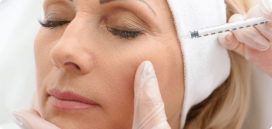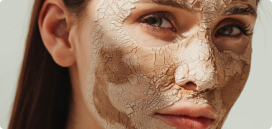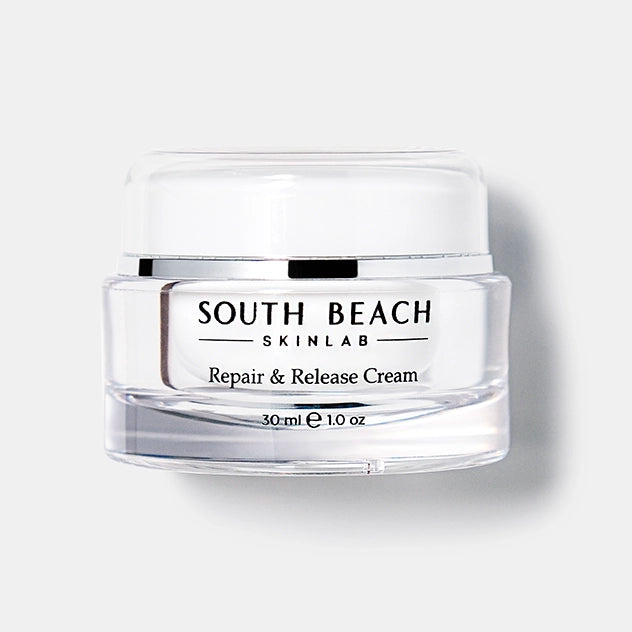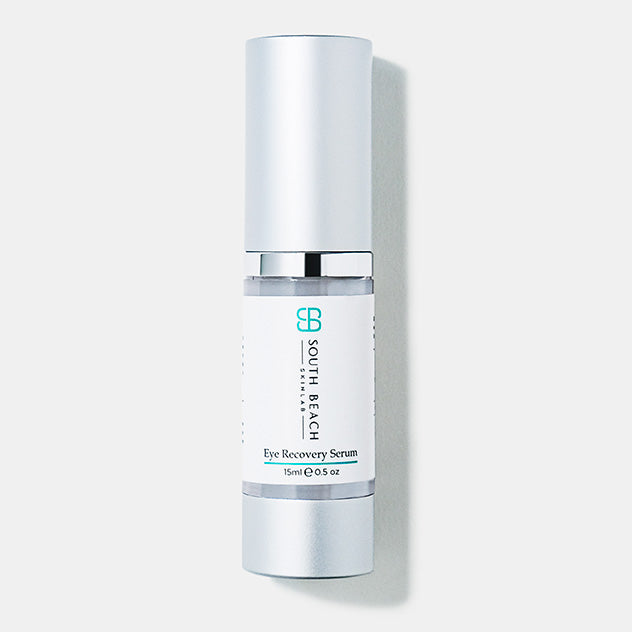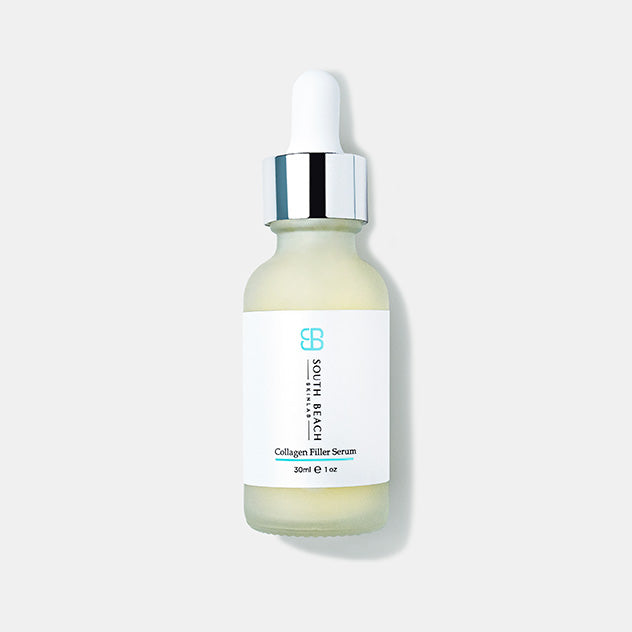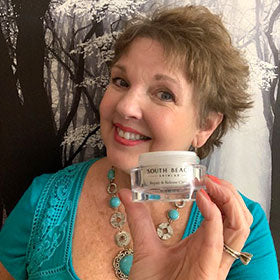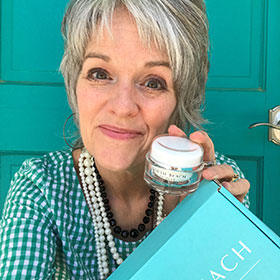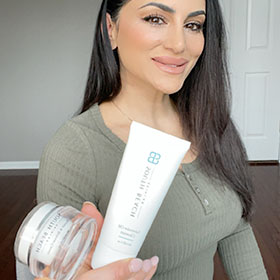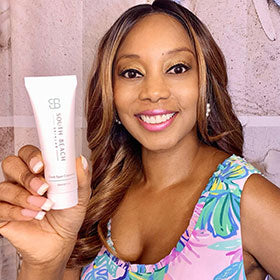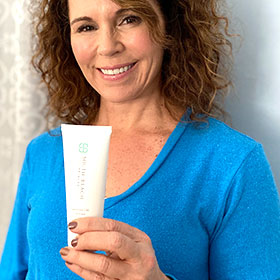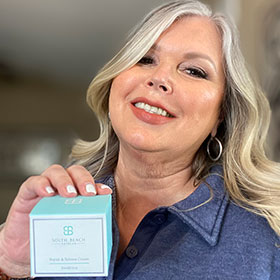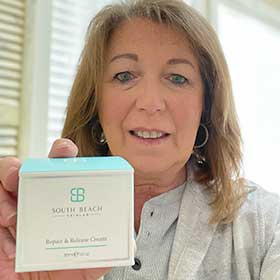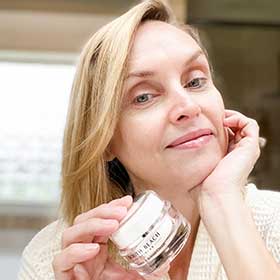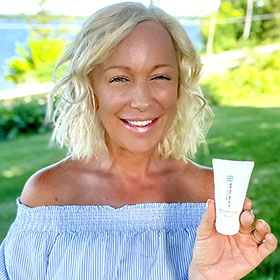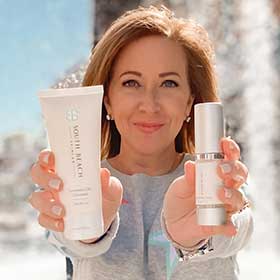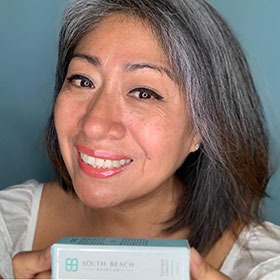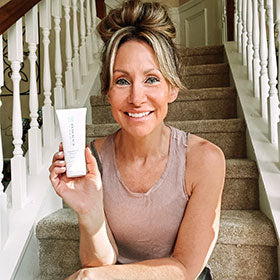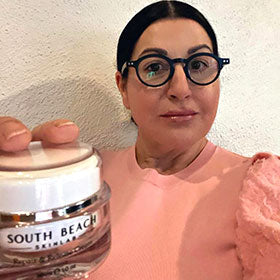It’s definitely that time of year: as well as producing undesirable symptoms, such as drowsiness and congestion, seasonal allergies affect skin in a variety of ways too. If you experience allergic reactions during seasonal changeover periods, your red patches, dry skin and puffy eyes have not appeared by accident. Let’s take a closer look at these three problem areas, which pollen sufferers have to deal with on a yearly basis:
Puffy Eyes
Pollen from plants and trees can cause the well known medical condition hay fever. Over the fall period, ragweed is a primary culprit in this respect. Puffy eyes are a common hay fever symptom that tend to affect people who live in hot and humid parts of the country. Once ragweed allergies take hold, the body produces histamines that accumulate round the eyes and on the face. The immune system responds in a similar way to trees, mold and plants during the spring.
 It is best to stay indoors when the pollen count rises, and wash your clothes and hands immediately after coming inside. Often, antihistamines and a cold compress can be helpful in treating the puffy eyes which appear in the spring and fall. Chilled artificial tears used on the eyes several times each day can reduce eyelid swelling as well. Eye masks can be helpful in easing the pressure while you sleep and can also help you get a full night’s rest. For managing puffiness and also adding some anti-aging benefits, you could try an under-eye serum to brighten up your face.
It is best to stay indoors when the pollen count rises, and wash your clothes and hands immediately after coming inside. Often, antihistamines and a cold compress can be helpful in treating the puffy eyes which appear in the spring and fall. Chilled artificial tears used on the eyes several times each day can reduce eyelid swelling as well. Eye masks can be helpful in easing the pressure while you sleep and can also help you get a full night’s rest. For managing puffiness and also adding some anti-aging benefits, you could try an under-eye serum to brighten up your face.
Itchy, Dry Skin
The histamines that are released by seasonal allergies are neurotransmitters, which result in blood vessel dilation. This can make your skin itchy and cause eczema or hives. It might seem odd that something in the air can cause you skin problems, however this is all linked to your immune system.
The small bits of ragweed pollen and mold spores that cause seasonal allergies during the fall have proteins in them that the body misidentifies. If an allergen is inhaled, your body regards it as a hostile invader, rather than a harmless protein. Your immune system then kicks into gear, and histamine is the main weapon. Virtually all areas of the body are affected by histamine, including the digestive and nervous systems. It makes blood vessels become swollen. You can end up with flaking skin, raised red bumps, or just skin that is itchy and dry.
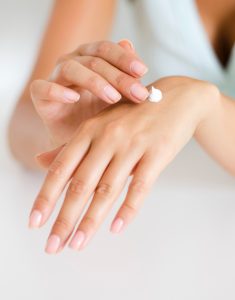 Remedies that can treat this condition include a good quality moisturizing cream. This should be applied to the skin one or two times daily. Anti-itch lotion, like nonprescription hydrocortisone lotion, can be used on the area to ease itching as well. Use unscented or mild laundry detergent to wash your clothes, and choose mild soaps with no perfumes or dyes.
Remedies that can treat this condition include a good quality moisturizing cream. This should be applied to the skin one or two times daily. Anti-itch lotion, like nonprescription hydrocortisone lotion, can be used on the area to ease itching as well. Use unscented or mild laundry detergent to wash your clothes, and choose mild soaps with no perfumes or dyes.
Red Patches
Many hay fever symptoms are caused by inhaling pollen and similar allergens. However, hay fever red patches frequently appear when allergens contact the skin directly. For example, you might be touching different pollen in flowers and plants while working in your back garden. This can be exacerbated if you stir up many pollen in flowerbeds, and irritate the skin to the point that you develop an angry skin rash. Chronic red patches from allergies that are left untreated can even speed up the development of damaged, wrinkled skin.
Frequently ensuring that the affected skin area is kept cool will ease irritation and heal the rash faster. Lemon is a proven treatment for damaged skin too, because it has powerful antiseptic and anti-inflammatory properties. Nonetheless, it might be a bit painful when first applied, especially if you have broken skin.
 Oatmeal is another product that can ease skin rashes effectively, due to its anti-inflammatory properties. This can be turned into a paste if you mix uncooked oatmeal with some water. Then, you can apply this directly onto your skin. Moisturizers and cleansers help greatly too because they soothe the skin by easing inflammation and itching. If your skin remains red, swollen and itchy, you should contact a dermatologist.
Oatmeal is another product that can ease skin rashes effectively, due to its anti-inflammatory properties. This can be turned into a paste if you mix uncooked oatmeal with some water. Then, you can apply this directly onto your skin. Moisturizers and cleansers help greatly too because they soothe the skin by easing inflammation and itching. If your skin remains red, swollen and itchy, you should contact a dermatologist.
This spring, make sure you’re taking the right steps to protect your skin and keep yourself looking fresh and vibrant. Seasonal allergies don’t have to put your skincare on pause.

